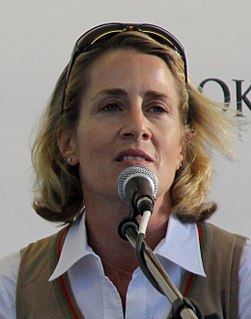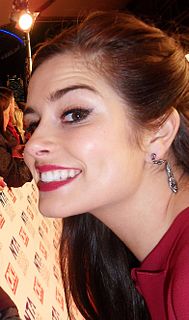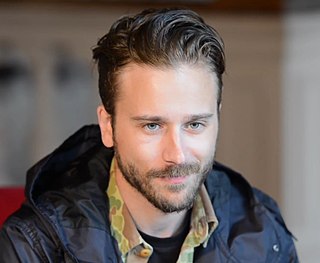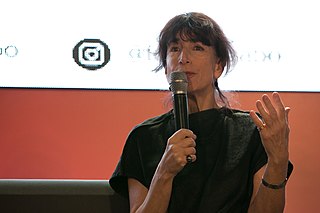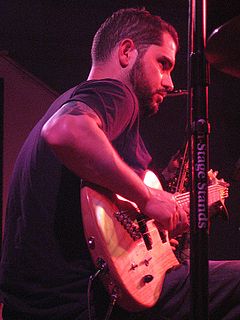A Quote by Chris Pavone
I loved editing, and being a cookbook editor is a really a great job.
Related Quotes
I used to be an editor and I was editing young adult series. I didn't really like the books that I was reading, so I decided that I would write a book about something I'd want to read if I was 16. It turned into a Cinderella story... I developed a proposal and the characters of 'Gossip Girl' for my job.
In the very beginning, women were editors because they were the people in the lab rolling the film before there was editing. Then when people like D. W. Griffith began editing, they needed the women from the lab to come and splice the film together. Cecil B. DeMille's editor was a woman. Then, when it became a more lucrative job, men moved into it.
I love cookbooks for completely different reasons. I love 'The Harry's Bar Cookbook' and Marco-Pierre White's 'White Heat' for their feel. For pure learning, Gray Kunz wrote a great cookbook, 'The Elements of Taste', published in 2001. The first time I read Charlie Trotter's, the Chicago chef's first cookbook, I was blown away.
I have a great editor and I enjoy, in a masochistic way, being ruthless about my own performance. How do I know, but I think I'm quite good at saying, "That's no good. That's no good. That's it. That's it. That's good." And I'm with the editor who goes, "No, I think you're wrong. That's not your best." There's an initial point in the editing, if you're directing yourself, especially in my case, where you go, "Ouch, ouch, ouch, I can't watch this." And then, there's a point where you become hard-nosed and just take your neurosis away and go, "What's working? That's okay. That's okay. We can lose that, and lose that." You get objective about it.
You can give the greatest performance possible, but if you don't have a director who's pointing the camera in the right direction and an editor who's editing it properly, it doesn't matter what you do. The director and the editor are the most important people. Not the actors. Sometimes the writer is important. But if you don't have a good director, you can't have a good production.





